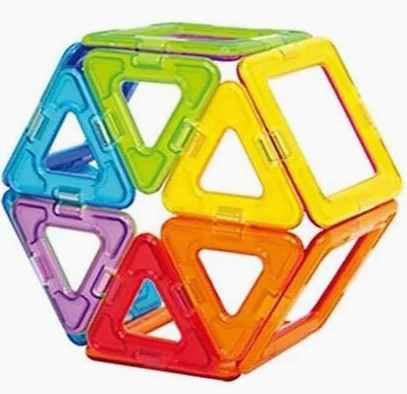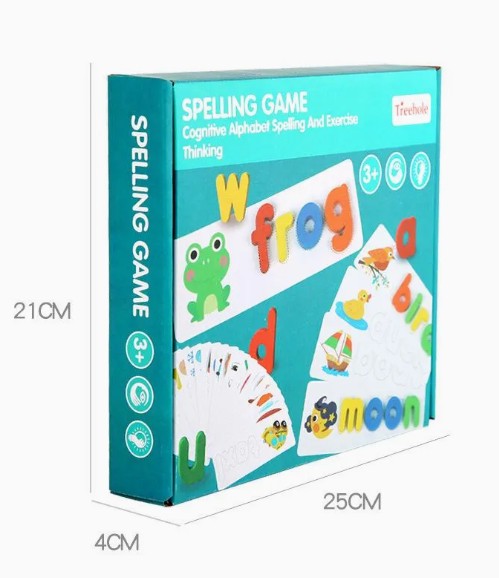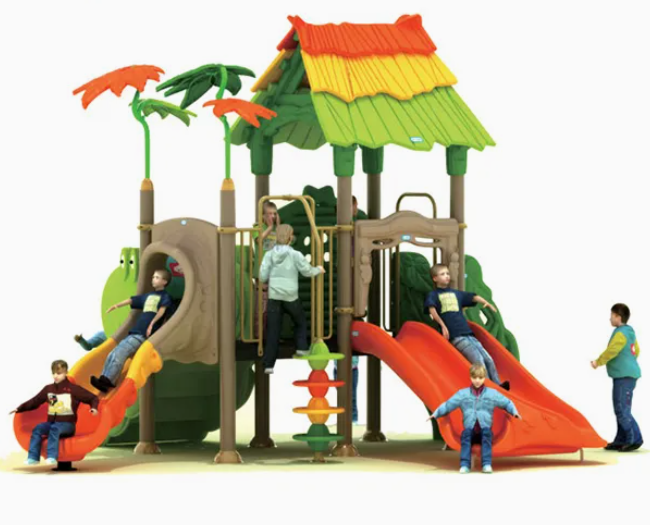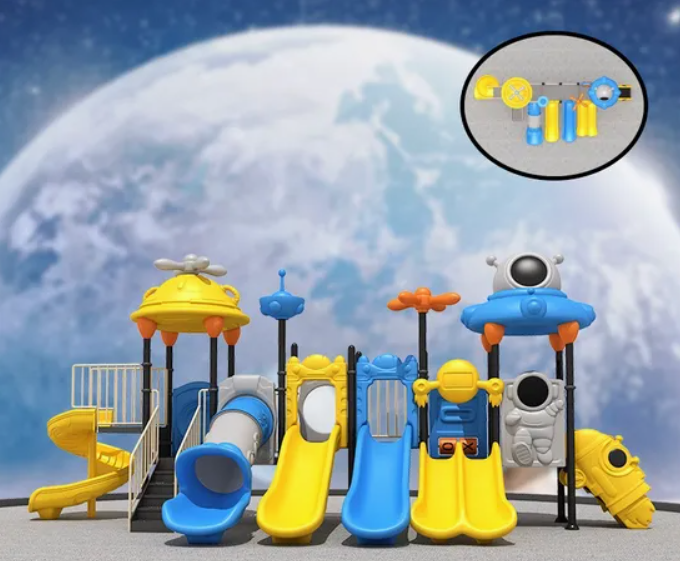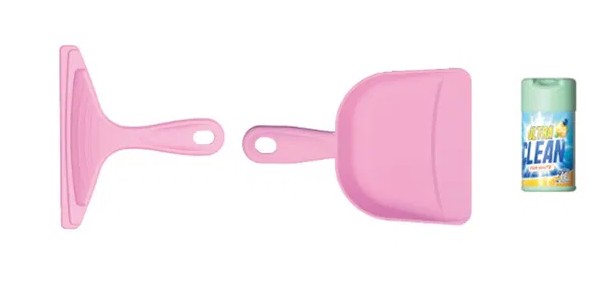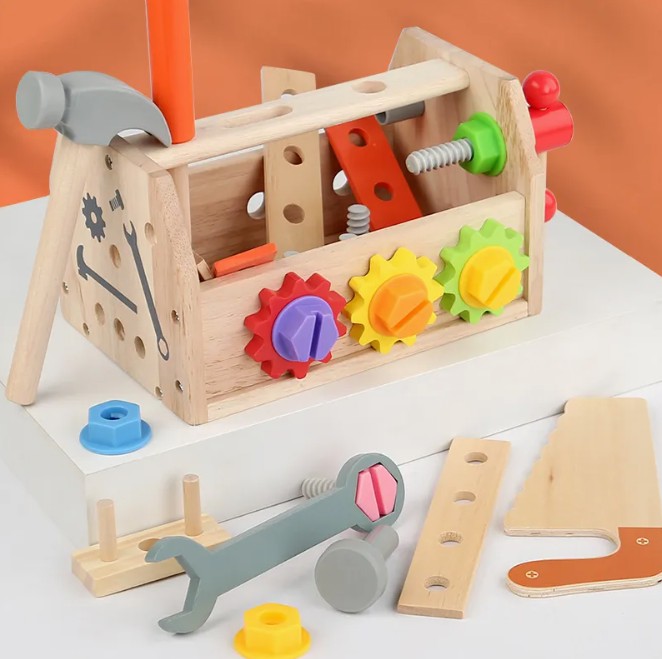Welcome!
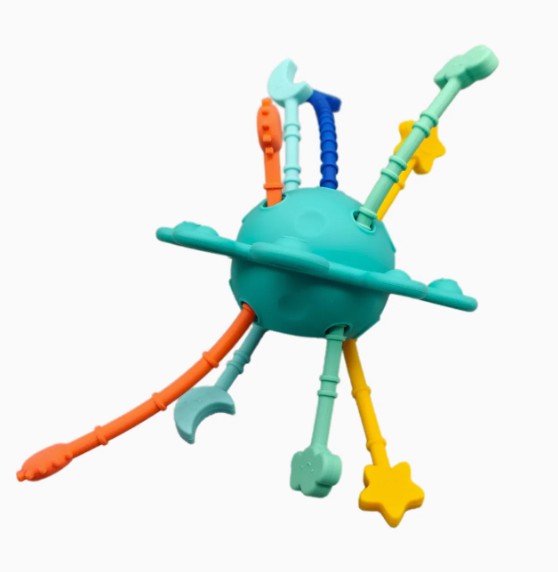

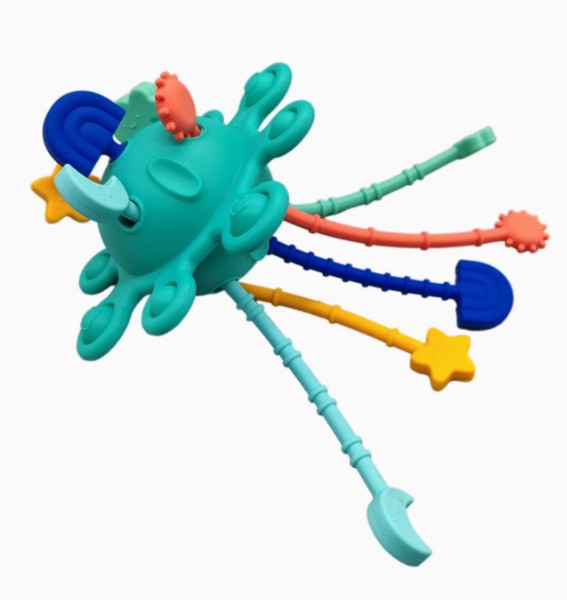
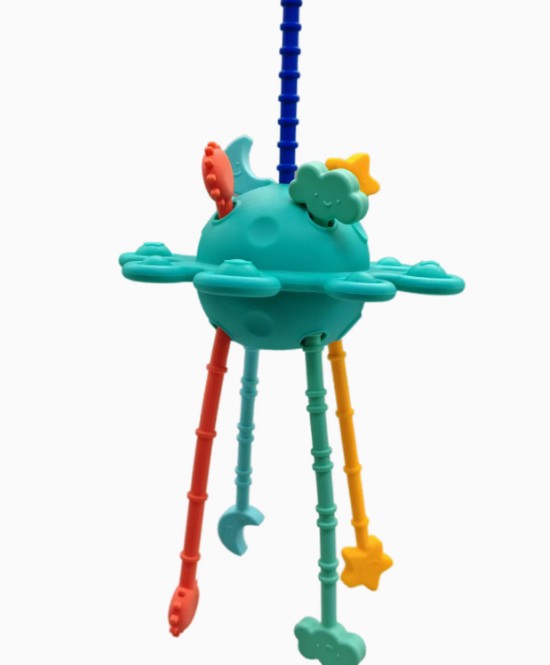
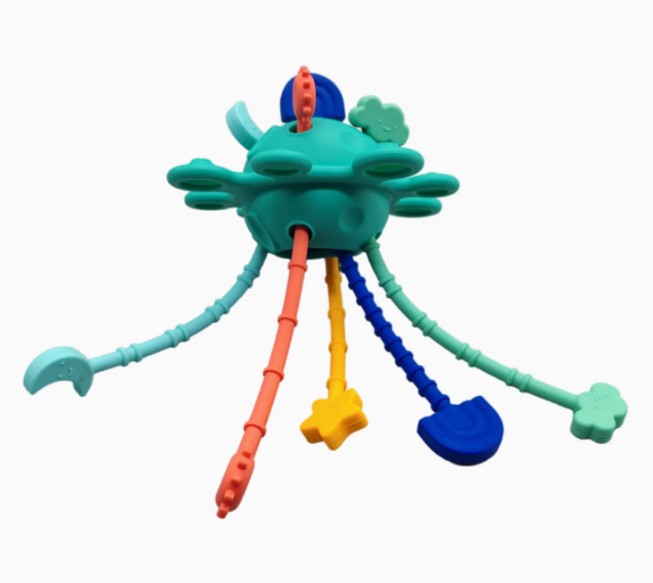
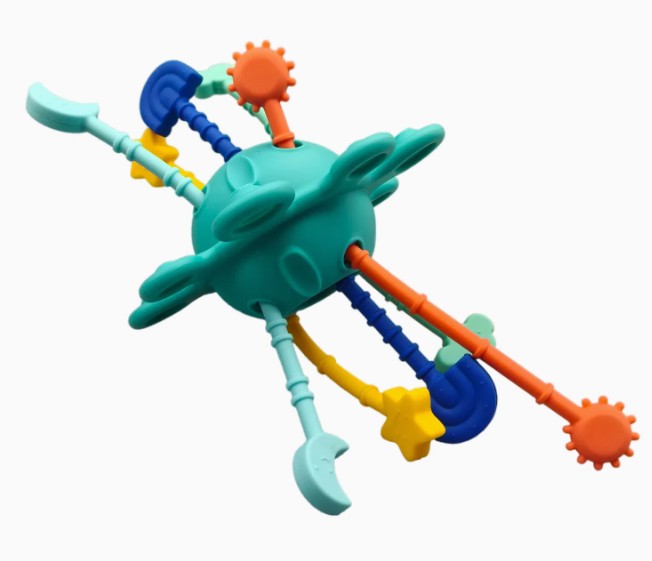
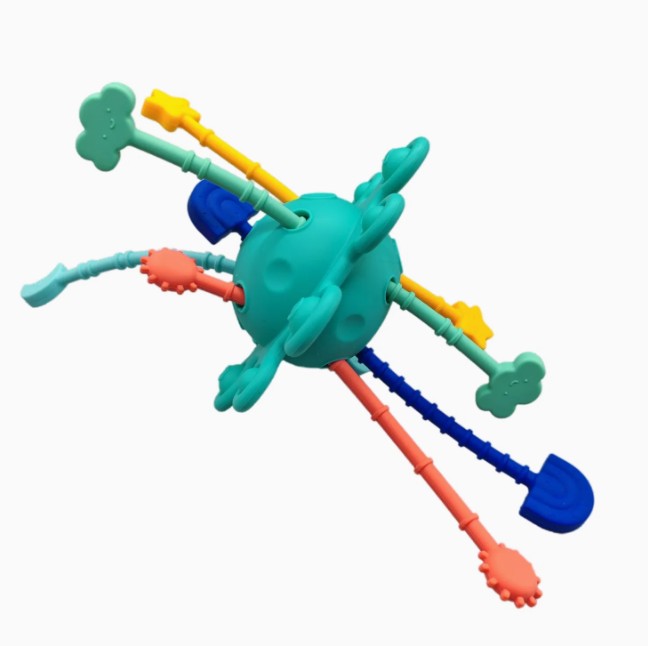
The Ultimate Guide to Toddler Toys: Unlocking Fun, Learning, and Development
Basic Info
| Age Range | 1-7 Years Old | Colour | Customizable | Material | Silcone |
|---|---|---|---|---|---|
| Model NO. | B02 | Origin | China | Package Gross Weight | 10.000kg |
| Package Size | 60.00cm * 50.00cm * 40.00cm | Performance | Safe and Non-Toxic | Specification | Silicon Rubber |
| Temperature Resistance Range | -60ºC-250ºC | Transport Package | Carton | Volume | 0.01 |
Product Description
When it comes to selecting toys for toddlers, the right choices can make all the difference. Toddler toys not only provide entertainment, but they also foster growth in key areas such as cognitive development, motor skills, and socialization. In this comprehensive guide, we will explore the core features, benefits, and applications of toddler toys, helping you make informed decisions for your little one. Plus, we’ll answer some frequently asked questions to provide a complete overview of toddler toy options.

Key Features of Toddler Toys
Toddler toys come in a wide variety of shapes, sizes, and designs, but they all share certain important features. These toys are created to engage a toddler’s developing senses and abilities, ensuring both fun and educational value.
1. Safety First: Toddler toys are designed with safety in mind. Non-toxic materials, smooth edges, and sturdy construction are essential to prevent any accidents while playing.
2. Developmental Benefits: The best toddler toys are those that promote learning through play. Toys like stacking blocks, musical instruments, and shape sorters help develop motor skills, hand-eye coordination, and cognitive abilities.
3. Interactive and Engaging: Interactive toys encourage toddlers to explore their environment, fostering curiosity. Toys with buttons, sounds, or textures stimulate sensory development and cognitive function.
4. Durability: Given how active toddlers can be, durability is a key consideration. Well-constructed toys can withstand rough play and last through multiple stages of development.

Benefits of Toddler Toys
The right toys provide more than just entertainment. Toddler toys play a critical role in the early development stages of children. Some of the key benefits include:
1. Cognitive Growth: Toys that involve sorting, stacking, or problem-solving help enhance a toddler’s logical thinking and memory retention. These activities improve their ability to identify patterns and solve simple problems.
2. Motor Skills Development: Physical play with toys that involve pushing, pulling, or assembling objects helps toddlers strengthen their fine and gross motor skills. For example, toys that require building or drawing encourage hand-eye coordination.
3. Socialization: Many toddler toys are designed for group play, helping children learn to share, take turns, and collaborate with others. These toys promote communication and social bonding with peers or family members.
4. Creativity and Imagination: Playtime often sparks creativity, and toys that encourage imaginative play help toddlers develop their storytelling abilities and creativity.

Common Uses of Toddler Toys
Toddler toys can be used in various contexts, all of which contribute to a child’s development:
1. At Home: Whether it’s playtime in the living room or engaging activities in the playroom, toddler toys keep children entertained and help them learn essential life skills.
2. Outdoor Play: Toys like ride-on cars, balls, and bubbles encourage toddlers to explore the outdoors, improving physical health and fitness while developing coordination.
3. Travel: Compact and portable toys such as books or small building sets are perfect for keeping toddlers entertained on long car rides or flights.
4. Educational Settings: Many daycare centers, playgroups, and schools use educational toys to support early learning especially in developing key skills like reading, math, and problem-solving.

Toddler Toys: Frequently Asked Questions
1. What are the best toys for improving motor skills in toddlers?
Toys that encourage movement and manipulation such as building blocks, puzzles, and shape sorters are excellent for developing fine and gross motor skills. Toys that require pushing, pulling, or stacking also help toddlers strengthen their coordination.
2. How can I ensure the toys I choose are safe for my toddler?
Always look for toys made from non-toxic and BPA-free materials. Avoid toys with small parts that could be a choking hazard. Ensure that the toys have no sharp edges and are sturdy enough to withstand rough play.
3. Are there any toys that help with language development?
Yes, interactive toys like talking books, animal figurines, or music toys can help toddlers develop their language skills. Songs, stories, and repetitive phrases foster vocabulary and pronunciation skills.
4. What types of toys are best for encouraging imaginative play?
Toys that allow for pretend play such as dolls, kitchen sets, and toy cars help toddlers explore different scenarios and develop their creativity. Dress-up costumes and building blocks are also great for sparking imagination.
5. How do I know if a toy is age-appropriate for my toddler?
Check the recommended age range provided by the manufacturer. Toys are typically designed with certain developmental stages in mind, so choosing one that matches your toddler's skills and interests will ensure both fun and learning.

Conclusion
Toddler toys are an essential part of early childhood development. They promote growth in motor skills, cognitive abilities, and creativity while providing a safe and fun environment for learning. When choosing toys, look for items that stimulate your child’s curiosity, encourage interaction, and are safe to use. By making thoughtful choices, you can help your toddler develop the skills they need for a bright future, all while having fun!

Recommended Products
Recently Viewed
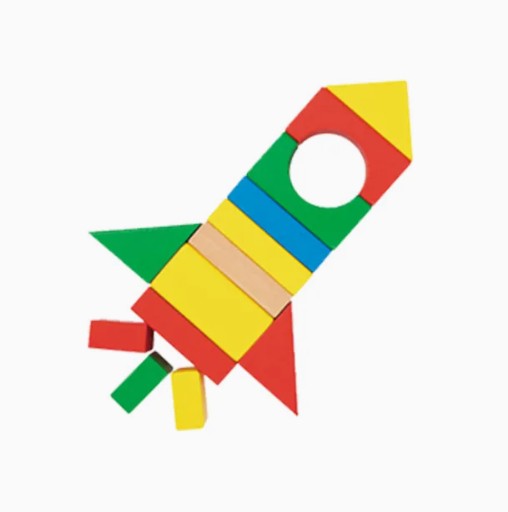 Unlocking Development and Fun: The Ultimate Guide to Toddler Toys
Unlocking Development and Fun: The Ultimate Guide to Toddler Toys The Ultimate Guide to Toddler Toys: Unlocking Fun, Learning, and Development
The Ultimate Guide to Toddler Toys: Unlocking Fun, Learning, and Development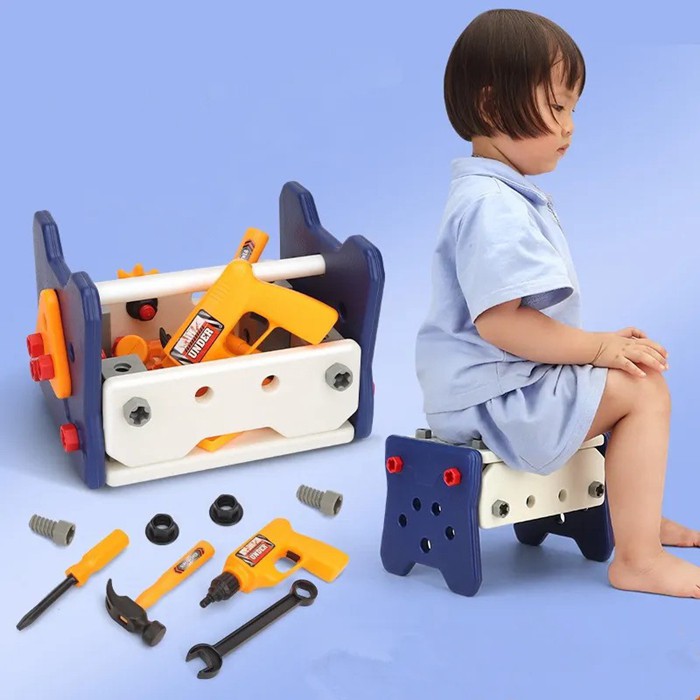 Build Confidence & Creativity: A Parent's Guide to Kids' Toy Tool Kits
Build Confidence & Creativity: A Parent's Guide to Kids' Toy Tool Kits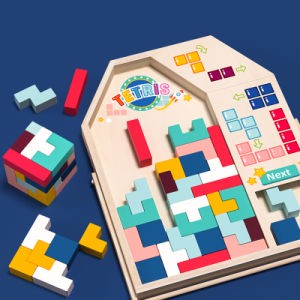 Spark a Love for Learning: How Educational Toys Shape Brighter Minds
Spark a Love for Learning: How Educational Toys Shape Brighter Minds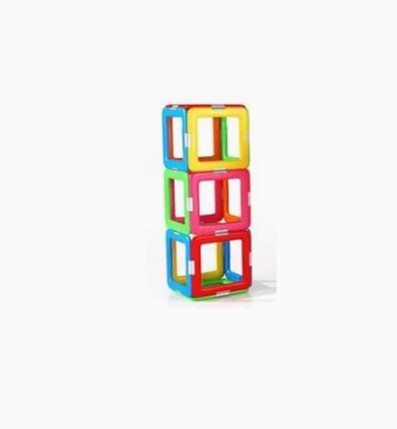 Unleashing Joy and Development: The Ultimate Guide to Toddler Toys
Unleashing Joy and Development: The Ultimate Guide to Toddler Toys
Contact Us
Skylark Network Co., Ltd.

